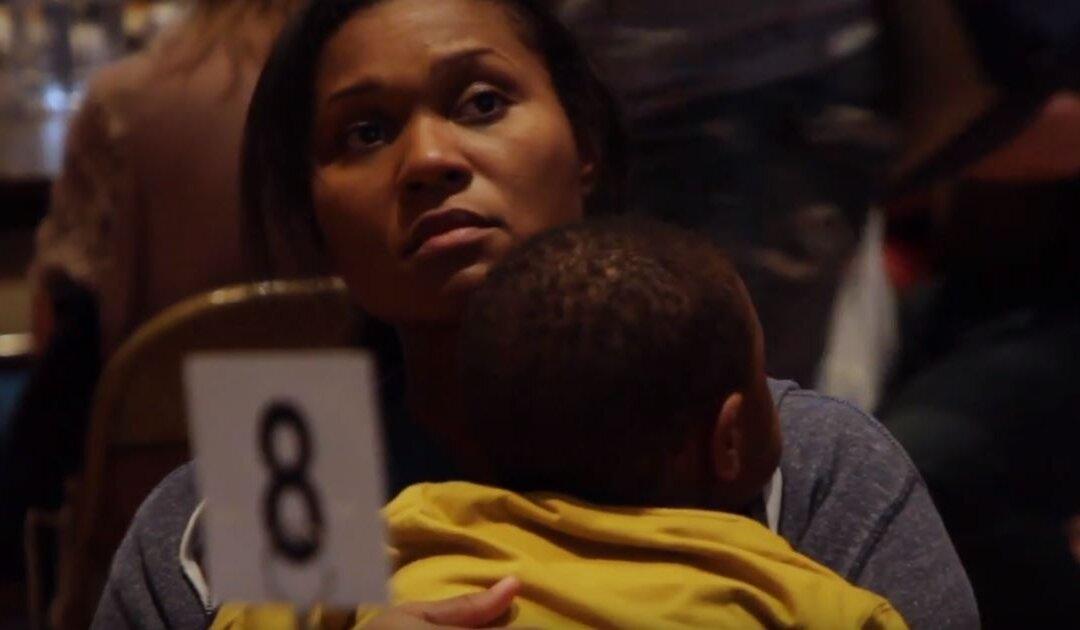NEW YORK—Gian Carlo Menotti’s “Amahl and the Night Visitors” is a Christmas nativity story. It is a one-act opera and the first-ever televised opera. The idea for it came to the composer via a sort of divine inspiration.
Growing up in Italy, Menotti didn’t have Santa Claus. Gifts came instead from the Three Kings, but he never stayed awake long enough to catch a glimpse of them.






